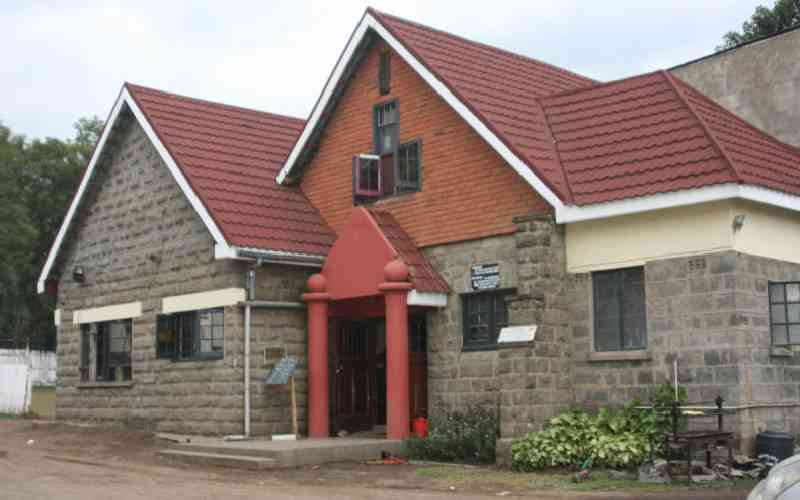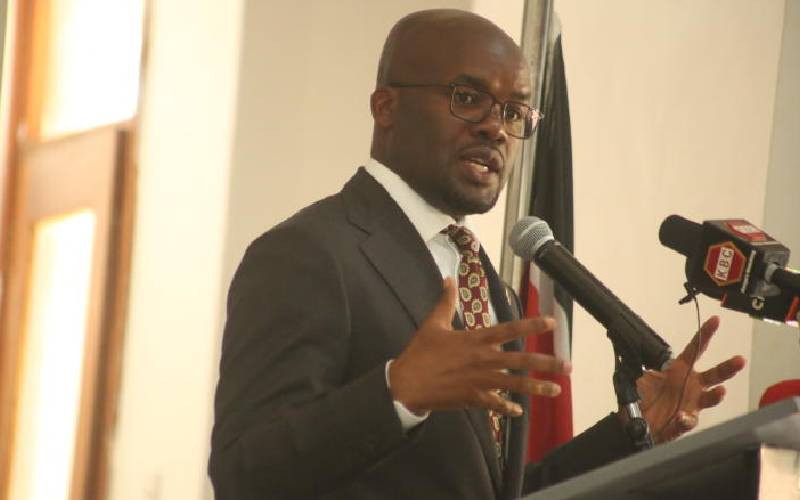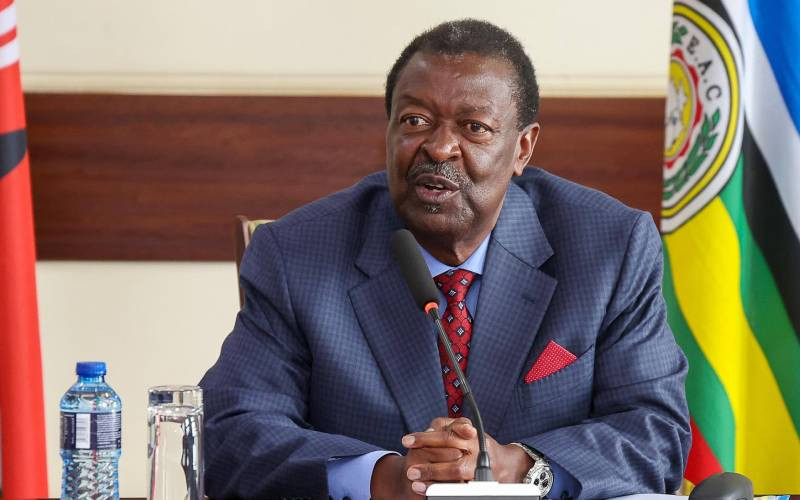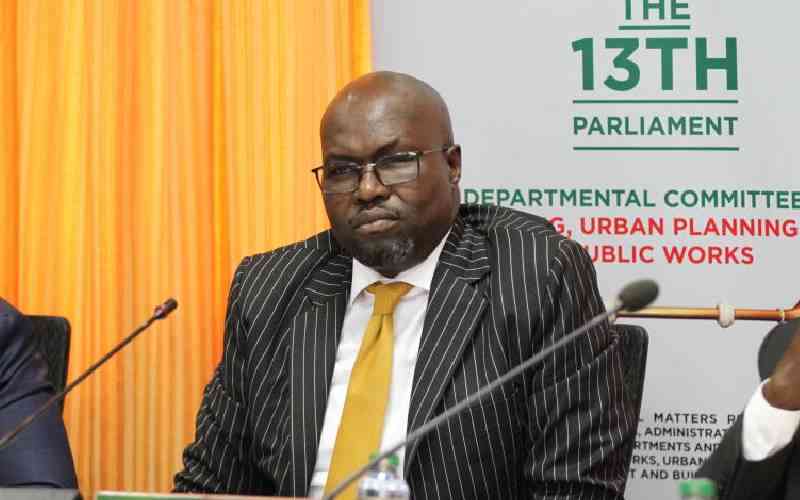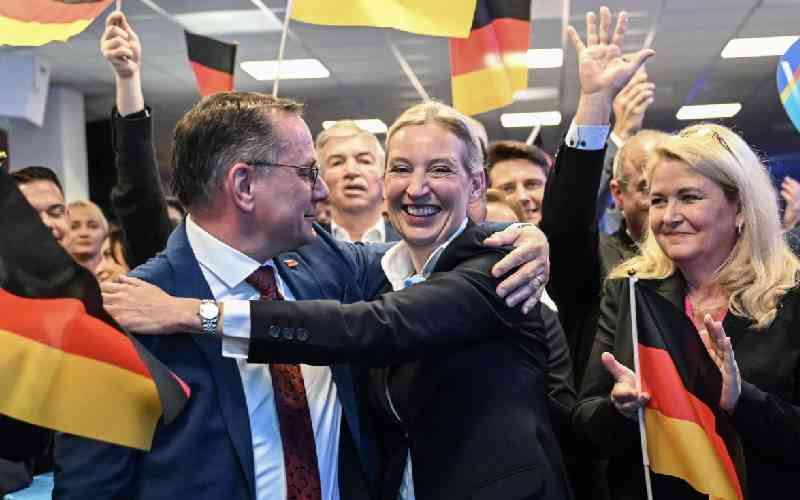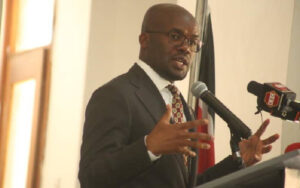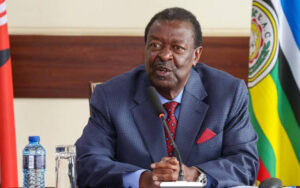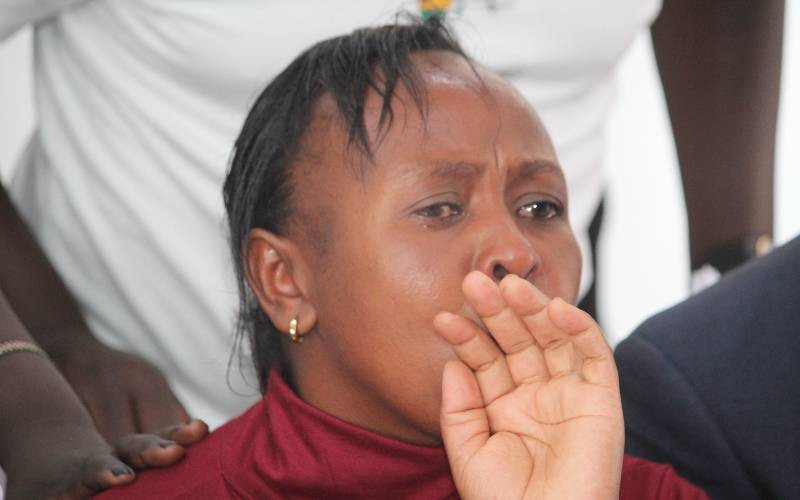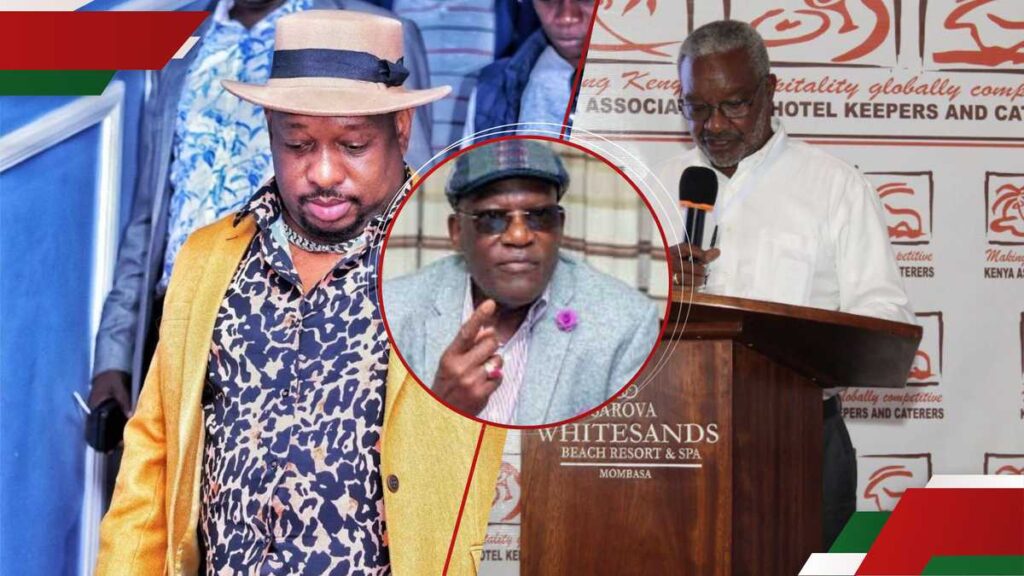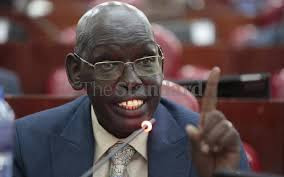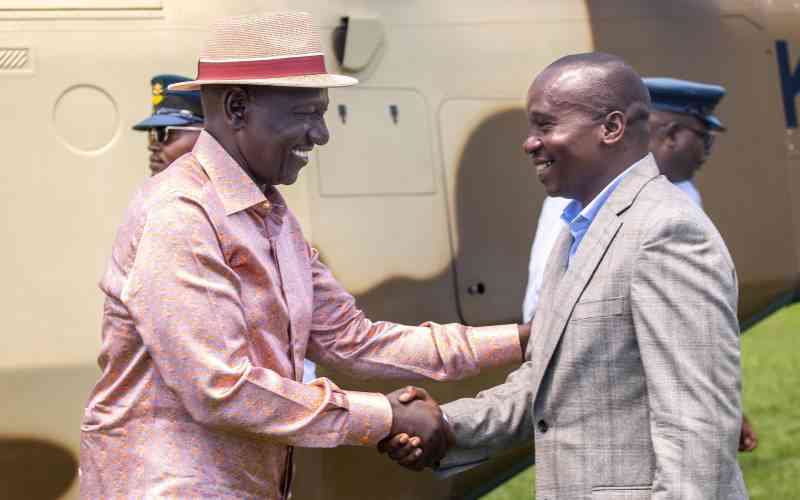Except for the unimpressive campaign billboards propped in city streets, and the fairly modest final campaign rallies, a stranger in snow-swept Berlin would have hardly noticed that Germany was on the eve of a decisive federal poll.
Berliners went about their business in the last week leading to the poll, devoid of the euphoria and drama characteristic of final pitches in other places, including Kenya.
Beneath their nonchalance, however, was a palpable fear of the surging influence of far right wing Alternative for Germany (AFD) in German politics, which is forcing the major political formations to begin thinking of unlikely alliances.
With CDU/CSU leading the vote, AFD charging behind them- powered by populist Trump-like politics, and SPD and Greens struggling in third and fourth places, Germany’s politics have never been this rattled.
“I think this election is incredibly important. It could decide the entire fate of Europe, maybe the fate of the world. It is that significant. This election is so important, the future of civilisation could hang on it,” Elon Musk, the American tech billionaire, said at an AFD campaign event in January.
Drawing back on its difficult history, Germany has difficulties embracing far-right politics, but the surge of AFD’s popularity has complicated the situation, with priority at the moment being to keep it out of power.
And this is where Kenya, remotely features. According to pre-poll projections, CDU/CSU was leading- on average- by 29 per cent of the vote, followed by AFD’s 20 per cent average. SPD came in third at 15 per cent and the Green followed at 13 per cent.
Die Linke was at 8 per cent while FDP has been struggling on an average of 4 per cent, short of the 5 per cent threshold to get into parliament. Given that no single party can form a government on its own, a coalition is necessary to get the country moving on.
With CDU/CSU having expressly ruled out a coalition with AFD, all options point to varying sets of scenarios featuring the rest of the parliamentary parties.
The first and more popular scenario is a “grand coalition” scenario featuring the CDU/CSU and the SPD, which would largely reflect Kenya’s grand coalition of PNU and ODM in 2008, complete with all its difficulties.
Another coalition dubbed by pundits as the “Kenya coalition” features the CDU/CSU whose colors are black, SPD (red) and the Greens, with the combined semblance to the Kenyan flag. This coalition would also be beset with problems of harmonizing policies or outlooks on issues.
There is also the “Germany” coalition comprising CDU/CSU, SPD and FDP, if the latter crosses the 5 per cent threshold or minimum 3 constituencies win. The fallout among the latter two occasioned the crisis hence its difficulties.
A final set of coalition, dubbed KIWI, would comprise of CDU/CSU and the Green, with doubts on whether it would comprise a majority government.
The snap polls were called following a sudden collapse of the “traffic coalition” of the Social Democratic Party (SPD), Alliance 90/The Greens, and the Free Democratic (FDP) in November, and Chancellor Olaf Scholz subsequent loss of confidence vote in parliament.
Stay informed. Subscribe to our newsletter
According to pundits, the full impact of Sunday’s polls may not be felt until the next few years. Petra Franke, a strategic advisor in Germany, believes there are “reasonable” fears among Germans that the political situation now and in the aftermath of the poll mirrors the one which obtained in the “Weimar republic” between 1918 and 1933.
The period was marked by political instability, unpopular governments, social problems and internal and external threats. A combination of these factors led to the rise of Adolf Hitler’s Nazi regime and the attendant near-apocalypse it visited upon the world.
“The hyper-inflation, the recession, the fragmented parliament, the rise of extremist parties, the geopolitics of the moment and the conservative flashback… they all mirror the Weimar republic days,” Franke says.
The palpable fear among many Germans is that AFD’s popularity would continue to benefit from these difficulties, and take over the government sooner or later.
Philosopher Sven Gerst attributes the AFD fortunes partly due to a “vibe shift” entailing the return of Donald J Trump to the White House, the role of social media, and especially Musk’s takeover of Twitter, but may also be pointing to deeper, more structural shifts of world politics.
“The whole thing is on steroids, because the biggest democracy in the world is playing the populist card,” Gerst adds, while calling for strategic, and broader fight-back against populist politics in Germany, and world over.


